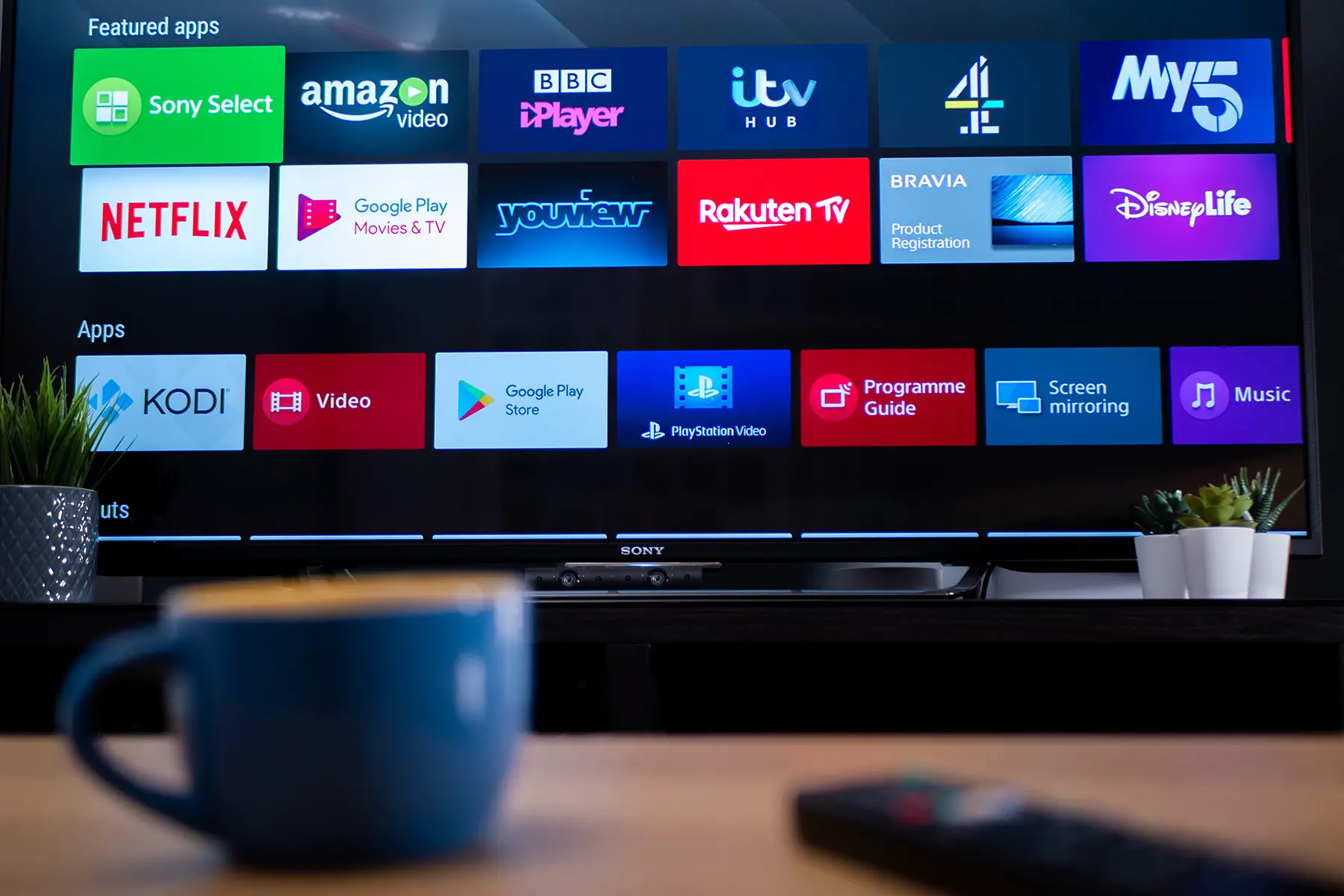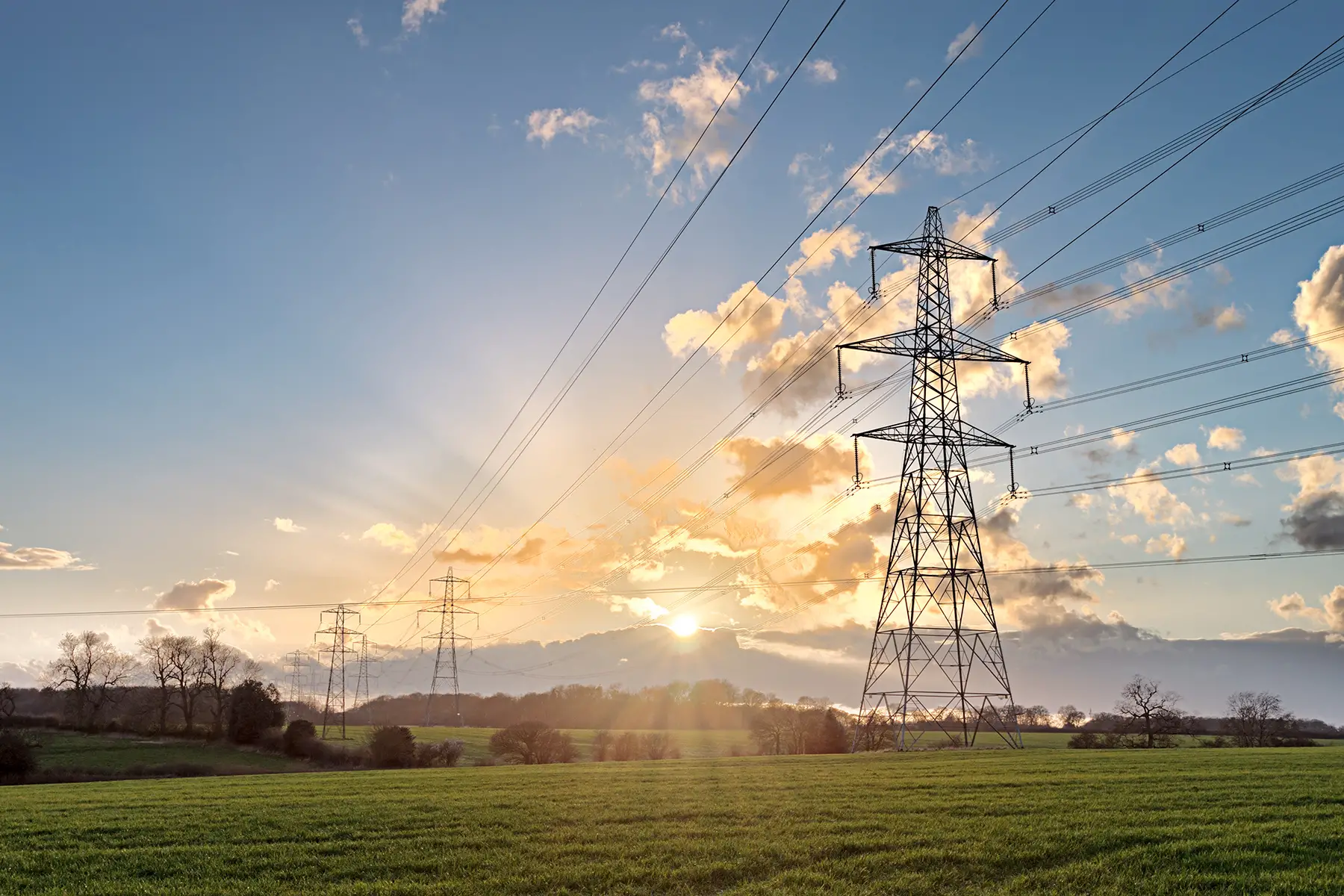Whether you’re renting in the UK or buying British property of your own, you’ll want to make your new house feel like a home as soon as possible. One way to do this is by setting up all your home communications. This includes sorting out your TV, home phone, and internet connections, which is increasingly essential as we spend more and more of our lives online.
If you’ve just arrived in the UK, choosing these connections can seem confusing. But it’s essential that you find the right services for you. So to help you do just that, our guide to setting up your TV, home phone, and internet in the UK provides the following information:
Uswitch
Confused about which UK internet provider to sign up with? Then check out Uswitch. Their easy-to-use platform compares prices from the biggest UK telecoms companies, giving you a range of quotes in minutes and helping you get the best deal for you. See what you could save on your internet and TV bill and switch providers easily with Uswitch.
Communications in the UK
Newly arrived expats in the UK will soon realize just how competitive the country’s telecommunications sector is, with a wide range of providers to choose from. Not too long ago, TV, home phone, and internet connections were provided by different companies. However, these days the UK’s biggest telecoms companies are increasingly diversifying their output and offering all three services.
The biggest TV, home phone, and internet providers in the UK include BT and Sky.
These providers often offer discounted packages if you choose to take out more than one service with them. Some will also offer deals on mobile phone subscriptions, too, so you may be able to save some additional money on your phone bill.

However, you are not obligated to get all three services from one provider. Indeed, there are also a number of other companies that offer these services. Therefore, it often pays to shop around to ensure you get the right deal for you. You can do this easily using an online comparison service, such as the following:
If you’d like to take the stress out of setting up communications in your new home, you can also use a utility installation service. Expat-friendly services such as Please Connect Me provide expert assistance when it comes to setting you up in the UK.
Getting connected in a new home
Whether you’re buying in Birmingham or renting in Reading, it’s likely that you’ll need to set up your own TV, phone, and internet connection when you move into your new home.
If you’re renting, your new home might already be connected to these services. If so, your landlord will include the cost in your monthly payments. However, be sure to clarify this with them before you sign any paperwork because it’s important to know what your rental payment actually includes.
Generally speaking, if you move into a serviced apartment, your communications services will be included as standard. You can then choose to either disconnect and find another provider or continue using the existing connections. It’s likely that you’ll be able to find a cheaper deal elsewhere, however changing providers may not be worth your while if you’re not planning to stay for a long time.
Setting up TV in the UK
Expats arriving in the UK will be pleased to know that local television is of good quality and easily accessible across the country. Since 2012, all UK terrestrial channels have been digital. Many of the most popular and most-watched channels are available on Freeview; the UK’s main TV platform that comes included as standard on all UK televisions. Freeview offers more than 70 channels, including BBC One, ITV, Channel 4, and many more. And while it is technically free, you will still need to purchase a TV license to watch it. For more information, read our guide to TV and radio in the UK.

The quality of Freeview has limited uptake of cable and satellite TV in the UK, with only around 50% of households having additional TV subscriptions. However, should you want to watch live sports (including the English Premier League), the latest movie releases, or a wide range of entertainment channels (such as MTV and Comedy Central) in the UK, you’ll need a cable or satellite subscription.
Some of the biggest subscription TV providers are BT and Sky.
The cost of these additional TV subscriptions will largely depend on the channels you want to watch. Most providers will offer a basic package that covers the most popular entertainment channels. However, should you wish to have movie or sports channels, you’ll need to take out an additional package.
Most providers also offer other TV services as part of the package. This can include access to their own on-demand subscription service and interactive TV, allowing you to pause and record live television. In addition, you can catch on-demand and live sports events with a subscription to a platform such as DAZN.
How do I set up my TV in the UK?
Firstly, you need to choose which provider is right for you. Depending on your location, you may find yourself unable to connect to certain TV services. This is particularly important if you live in remote or rural areas, so be sure to check with the provider to see if they operate in your area.
Once you’ve made your choice, setting up your brand-new TV connection in the UK is relatively straightforward. Should you choose a satellite-based service (such as Sky), an engineer will come to your house to install the dish and set up your television. If you prefer a cable service (such as Virgin Media), you may only need to follow a few simple instructions to get set up should your home already have a Virgin Media connection.
Getting a landline telephone in the UK
With the ever-growing popularity of mobile phones, connecting your home to a landline might not be at the top of every expat’s to-do list. However, many prefer the security of having a landline, particularly elderly residents and those who run their own businesses. Home phones can also work out a lot cheaper than mobiles when calling internationally, too.
However, even if you don’t plan on using it, it’s likely you’ll still need a landline connection in the UK. This is because most internet connections rely on a landline. The most widely available broadband connection for the internet in the UK is the asymmetrical digital subscriber line (ASDL), although other options do exist.
How do I set up a landline telephone in the UK?
Thankfully, the vast majority of homes in the UK have a landline connection. This means that getting connected when you move in should be relatively stress-free. Most of these connections are provided by BT, although other companies are now entering the landline market.
In order to start using your landline connection (whether you use it for the internet or home phone), you’ll need to set up monthly payments for line rental. Costs vary between suppliers, but generally speaking, they are between £12 and £20 per month. This cost is often included in package deals by the larger suppliers, so shop around to find the best price for you.
Should your new home not have a landline connection, you’ll need to contact your provider directly to set up installation with an engineer.
Setting up an internet connection in the UK
According to 2020 figures from the Office for National Statistics, around 96% of households in the UK have access to the internet. However, the quality of internet connectivity and speed varies significantly across the country. In fact, some new arrivals to the UK may well be surprised at the lack of speed when getting online.
That said, in most large towns and cities you should have little problem finding the right connection speed for you. Many providers offer quicker connections for a higher monthly fee. Alongside ADSL and cable, some suppliers also offer super-fast fiber-optic broadband, so shop around for the right deal for your needs.

When it comes to choosing a supplier, you’ll find that most companies offer a range of packages. These packages are often priced according to download speed and any extras, such as TV packages and on-demand services. Make sure to choose the right package for your usage. For example, if your family spends a lot of time gaming, you’ll need a higher download speed. However, if you use social media and TV services such as Disney+, Netflix, or hayu, a lower download speed should be fine.
Some of the biggest internet providers in the UK include EE and Sky.
Discounted rates are available if you choose to package services together, such as a TV subscription or landline connection. Therefore, it pays to shop around for the best deal. You can do this quickly and easily on comparison sites such as Broadband Genie or Confused.com.
Alternatively, you can also opt for mobile broadband. This allows you to set up a home broadband connection without using a landline or cable. Some of the UK’s largest mobile operators offer mobile broadband alongside regular home broadband and mobile phone services. Some mobile broadband providers include:
How do I set up the internet in the UK?
It’s usually pretty straightforward to set up your internet connection in the UK. Generally speaking, providers will either offer an installation service or send you the tools to connect yourself. If you’re connecting to the TV, internet, and home phone at the same time, you may prefer to take advantage of their installation service.
Alternatively, you can make it even easier for yourself by using an installation service. These services, such as Please Connect Me, offer expert help and guidance through the entire installation process.
Getting a VPN in the UK
When moving abroad, it’s more important than ever to ensure your privacy and security while surfing online. For many expats in the UK, this means getting a Virtual Private Network (VPN). VPNs can help you browse with more anonymity and privacy wherever you are in the world. They can also help unblock online content, letting you access your favorite sites and platforms from home and abroad. VPNs available in the United Kingdom include:
Paying for your bills
Telecoms companies in the UK generally expect you to pay bills by direct debit every month. Some may give you the chance to pay monthly or quarterly by other means, for example, paying online or over the phone using a credit/debit card, or paying by cash or check at a bank or post office.
Make sure to check with your provider what their payment options are before signing up. Some providers may also take mobile payments in the UK.

If you pay by direct debit, you can often choose the payment’s recurring date of the month. However, make sure you have money in your account to cover bills, otherwise, you may face charges from your British bank.
If you are with a company that lets you settle bills quarterly, you will normally need to pay within around 15 days of the bill date. Failure to pay usually results in service cancellation. If you don’t pay promptly, the company may take you to court to enforce a payment order. This will lead to additional charges.
Making a complaint about a telecoms company
If you have a problem with your service provider, for example, a billing or customer service problem, you should first try to resolve the issue through the company complaints department. Every UK telecom company will have one, so check the website of your supplier to find out more.
You must give the company eight weeks to resolve the complaint. If you’re not satisfied after this time, you can take the complaint to one of Ofcom’s Alternative Dispute Resolution (ADR) schemes. Full details on how to complain about different issues are listed on Ofcom’s website.
Useful resources
- Ofcom – the regulator for the telecoms sector in the UK
- TV Licensing – information on getting a UK TV license
- cable.co.uk – check broadband, TV, and phone deals and check cable, satellite, and broadband capability in your area







